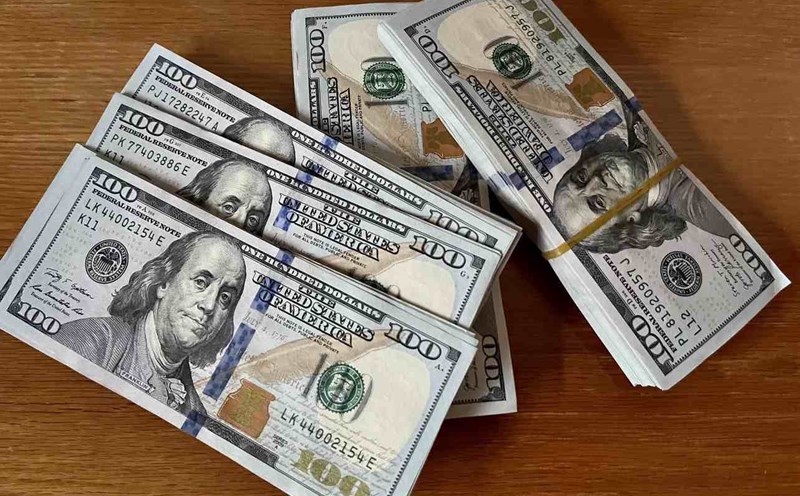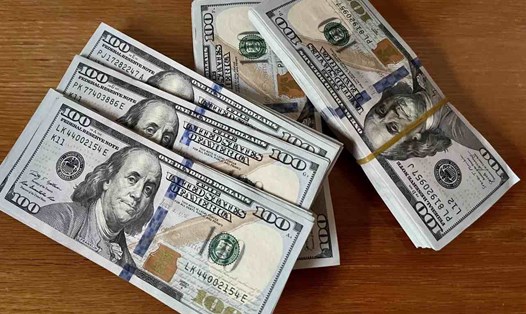RT reported that the IMF said that in the third quarter of this year, the USD market share in global foreign exchange reserves decreased by 0.85%, to 57.4%. This is the lowest level in nearly three decades, reflecting the trend of diversifying monetary reserves of countries around the world.
The IMF has warned since June that the decline of the USD comes as countries increase their efforts to shift away from this currency. Instead, "non-traditional" currencies and the euro are gradually gaining dominance. In the third quarter, the share of the euro increased to 20.02%, while the Japanese Yen increased for 6 consecutive quarters, reaching 5.82%.
Notably, China's yuan market share, after 9 consecutive quarters of decline, has increased again, reaching 2.17% of total global foreign exchange reserves.
Despite a declining market share, the US dollar still dominates the foreign exchange reserve market, with the euro holding steady in second place.
The USD is under great pressure from the US's growing public debt and the sanctions Washington has imposed on its opponents, especially Russia.
After the Ukraine conflict escalated in February 2022, the US banned the Russian central bank from conducting transactions in USD and prevented cash USD from entering the country. The sanctions have prompted many other central banks to worry about the possibility of their USD reserves being frozen if they fall into Washington's "sights".
In addition, the sanctions have also forced Russia to step up its "de-dollarization" strategy. According to September data, Russia and its BRICS partners currently use national currencies in 65% of bilateral trade.
At the BRICS summit in Kazan in October, Russian President Vladimir Putin criticized the US use of the US dollar as a sanctions tool, warning that this was "a big mistake". Mr. Putin emphasized that this is prompting countries to seek alternative solutions, and that trend will continue.











